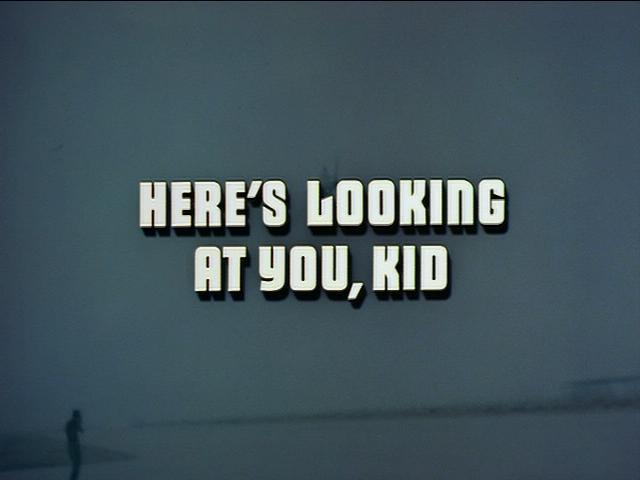
Originally aired: April 1, 1981
Oh no, this was no April Fool’s joke. A military plane with a top secret gun sight is stolen in broad day light and the government is scrambling to find it and get it back before it ends up in enemy hands. But FBI Agent Bill Maxwell knows how to find it. All he needs is Ralph and the suit.
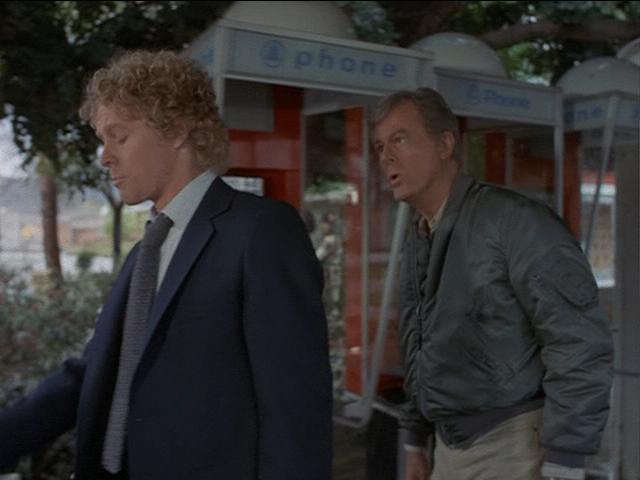
Except Ralph isn’t so willing to drop everything to go after some military hardware that, big deal, “can hit a beer can from five miles out.” After all, he’s got other plans. Pam’s parents are coming in for a visit, he’s supposed to meet Pam to pick them up at the airport, they’re going to dinner… We’re on the third episode of the show and this suit is damn inconvenient, Bill…
Convinced of the severity of the situation, Ralph goes with Bill. He calls Pam from Bill’s car phone (which after more than 35 years, it’s interesting that mobile reception hasn’t much improved since then) and then spends a couple of hours bouncing around the dessert looking for the plane. Bill’s hunch is the plane was brought down in the sand, as opposed to being dumped in the ocean. He turns out to be right, he and Ralph find the plane but the gun sight has long since been removed.
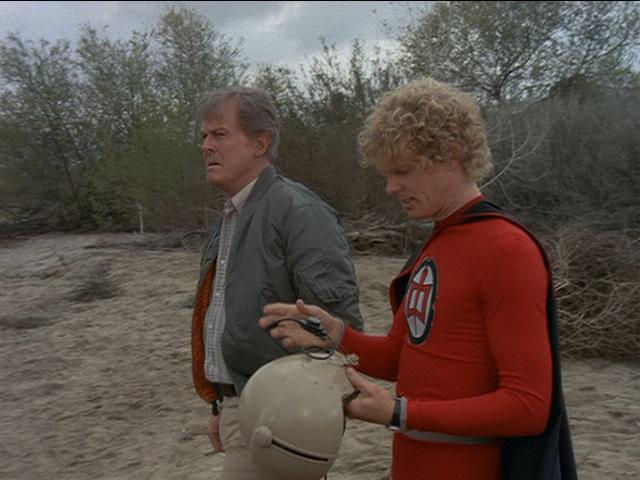
What was left behind, however, was the pilot’s helmet. Ralph gets a halograph image from it of the man that stole the plane and gun sight (although he doesn’t know necessarily it’s him) and the “soldiers of fortune” type operation this guy is part of.
Before they leave the dessert, Bill has an idea that Ralph –with the suit- can do telekinesis “moving things around with the old grey cells.” It would be a useful skill if Ralph can harness it and he wants Ralph to try it. Ralph’s a little hesitant. “Every time you have me do something new with the suit, I get into more trouble.”
That hardly phases Bill. He has Ralph try to stop him from physically approaching and push him back. Only Ralph pushes the wrong something and ends up disappearing.
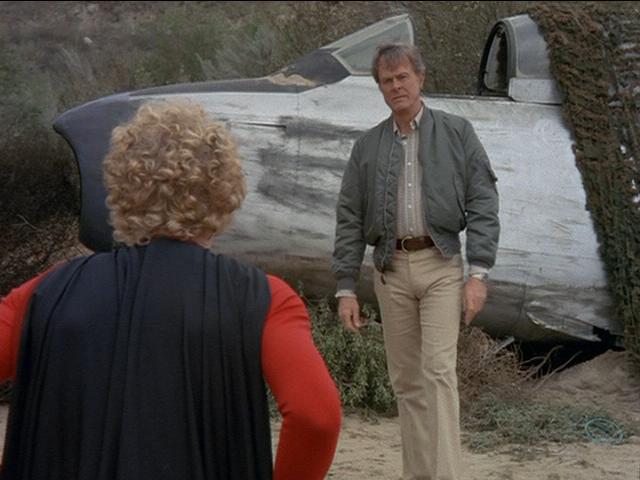 Ralph freaks out, of course, and can’t figure out how to reverse what he’s done. He and Bill head back to town, with Ralph whining the whole way about having to face the rest of his life being invisible. Bill, meanwhile, is trying very hard to find positives in the situation and not let Ralph get too discouraged. Despite his cheer leading efforts, he catches the attention of a motorcycle cop, who thinks the Fed is talking to himself.
Ralph freaks out, of course, and can’t figure out how to reverse what he’s done. He and Bill head back to town, with Ralph whining the whole way about having to face the rest of his life being invisible. Bill, meanwhile, is trying very hard to find positives in the situation and not let Ralph get too discouraged. Despite his cheer leading efforts, he catches the attention of a motorcycle cop, who thinks the Fed is talking to himself.
Bill saves himself pretty smoothly this time, telling the cop that he has to give a speech a Whitney High for Government Day and that he was practicing.
Bill and Ralph continue on to the private vet’s club where McCready and his soldiers of fortune hang out. Bill’s scenario is simple. Since Ralph is invisible, he can just go in, take a poke around and find out what’s going on and where the gun sight is. Easy! Accept….now Ralph becomes visible again.
It doesn’t last long, however, and Ralph fades back out again. Not knowing how to control the visibility power of the suit, Ralph doesn’t chance going inside the house but manages to get a halograph of what’s going on. Bill fakes tinkering around under the hood of his car while Ralph tunes in on what’s going down. He learns that the gun sight is going to be auctioned off, at the consulate, later that night.
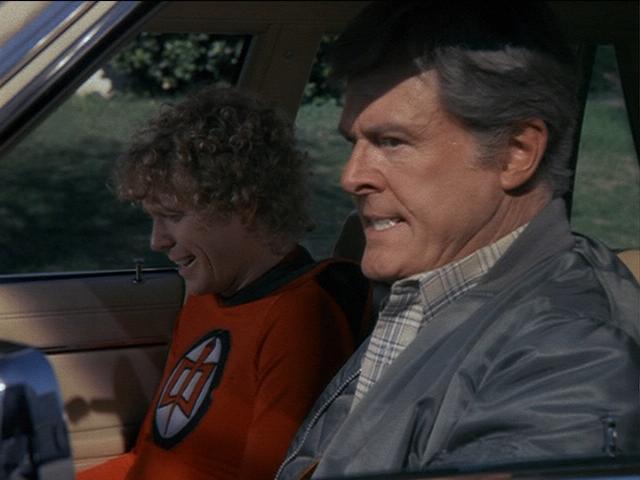 While Bill and Ralph have been investigating all this international intrigue, Pam’s parents are visiting from Minnesota (Deer Lick Falls, Minnesota to be exact where Pam’s father is the mayor but having nothing to do with “The Mayor’s Committee from Deer Lick Falls” which was a Rockford Files episode. Let’s not confuse the issue). Ralph made reservations at a nice restaurant to take Pam and her folks for dinner. Which would be all well and good except he’s still invisible with the suit.
While Bill and Ralph have been investigating all this international intrigue, Pam’s parents are visiting from Minnesota (Deer Lick Falls, Minnesota to be exact where Pam’s father is the mayor but having nothing to do with “The Mayor’s Committee from Deer Lick Falls” which was a Rockford Files episode. Let’s not confuse the issue). Ralph made reservations at a nice restaurant to take Pam and her folks for dinner. Which would be all well and good except he’s still invisible with the suit.
With this pending date, Ralph leaves Bill at the vet’s club and takes off to try to figure out how to get out of his predicament, but promises he’ll meet Bill at the consulate later that night. Ralph doesn’t have any better luck at the restaurant trying to explain things to Pam. He becomes visible again in the suit and, as luck would have it there’s no back door to sneak out of. Ralph has to run the gauntlet through a dining room full of people – including Pam’s parents.
At the very least, they don’t recognize him but poor Pam certainly suffers through enough in this episode.
Back at the consulate, Bill is setting up with his “Willy the Wrench” bit, popping the hood of his car. While tinkering with the radiator cap (which should have been REALLY HOT if the car had been running for anything length of time) Bill talks on his communicator with Ralph to see where he’s at.
And where’s Ralph? He’s on a bus! And at a time when he would love to be invisible, he’s not. The other riders on the bus think he’s a freak and all cower at the front of the bus.

Bill, meantime, gets caught by the bad guys and taken inside.
When Ralph arrives at the consulate, he figures out how to work the invisibility feature of the suit. He finds Bill’s abandoned car and gets a halograph, seeing Bill is being held captive. Remaining invisible, Ralph walks through the front gate of the consulate and heads inside.
He finds Bill, knocks out the man guarding Bill and Bill commandeers the man’s rifle. “Bill, you’re not going to use that gun are you?” Ralph asks. “Of course not,” Bill says, “I’m gonna pick my teeth with it…”
With Ralph invisible and in control of it, Bill figures for him to just go right in where they having the auction and take the gunsight. (I like where Culp looks directly at the camera, where us as the audience are the POV of Ralph for a moment).
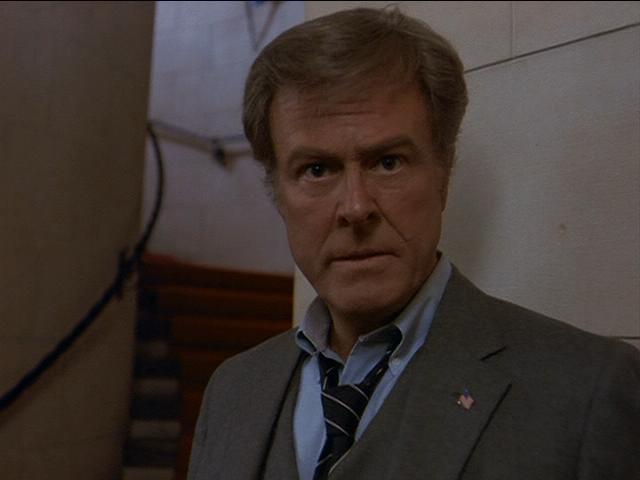 Ralph gets the gunsight and, naturally, pandemonium breaks out as all the bidders freak out when the gunsight magically floats through the air and out of the room. Ralph meets back with Bill again – just in time for his invisible cloak to click off. He and Bill make a run for it and Ralph flies himself and Bill out of the consulate, crashing landing on the ground outside the wall. The flight footage of the two is from the pilot, as Bill magically goes from a three piece suit to khaki’s and green aviator jacket then back to suit again upon landing.
Ralph gets the gunsight and, naturally, pandemonium breaks out as all the bidders freak out when the gunsight magically floats through the air and out of the room. Ralph meets back with Bill again – just in time for his invisible cloak to click off. He and Bill make a run for it and Ralph flies himself and Bill out of the consulate, crashing landing on the ground outside the wall. The flight footage of the two is from the pilot, as Bill magically goes from a three piece suit to khaki’s and green aviator jacket then back to suit again upon landing.
When all is said and done, Bill shows up at the school a day or so later to let Ralph know that McCready and all had been caught and to thank him for his help. Ralph, of course, immediately thinks Bill is there for another scenario and carries on about how he’s taking Pam and her parents to lunch and that’s final. Kid, you are wound way too tight.
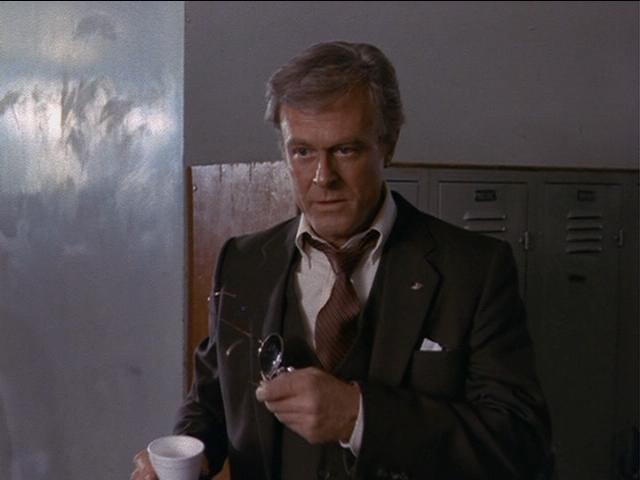
In fact, I think Ralph was wound so tight he made himself disappear again. And I’m not even sure if he had the suit on…
The fact that The Greatest American Hero lasted three seasons (never mind beyond three episodes) is truly a testament to the show itself. The show had great performers and good writing but had everything else against it. The lawsuit from WB for the supposed Superman similarities notwithstanding, ABC wasn’t exactly any help for a show that they originally asked for. The finest example of knee-jerk reaction from the network is evident in this episode, where Ralph’s last name is changed from Hinkley to…well, to nothing. All mentions of the last name are not so cleverly edited out (ie, Pam’s mom saying “Ralph (insert loud jet engine noise)” when Pam picks up her folks at the airport). Good thing the students referred to him as Mr. H often anyway, which saved at least some work for the sound editor.
Why was Ralph’s name “bleeped” out? Because two days before this episode aired, on March 30, 1981, President Ronald Reagan was nearly assassinated in front of the Hilton Hotel in Washington DC by John W. Hinckley Jr.
Can you imagine if his name had been John W. Maxwell Jr.?
The assassination attempt was upsetting enough, since Reagan had only been in office less than 70 days. When John Hinckley’s motive for shooting the President was revealed (in short, he was a deranged fan of Jody Foster and was trying to get her attention, having been inspired by the movie Taxi Driver) television and film entertainment thought twice about anything they had going on around that time that would be deemed inappropriate in the light of the events. NBC pushed back an episode of Walking Tall called “Hit Man.” Yet, ABC was left shaking simply over a name, that wasn’t even spelled the same way.
Commentator Paul Harvey thought it was absurd, writing in his syndicated column, “Because probably the sick boy accused of trying to kill the president was named John Hinckley Jr., these professional sin, sex and murder merchants self-righteously reverted to the scapegoat concept of blaming, crucifying and burying somebody else.”
Harvey hoped programmers at the network would reconsider. It was largely reported in the press that in the remaining episodes of the Greatest American Hero‘s first season Ralph would have no last name at all, he would just be “Mr. H” and would have a new name the following season. However, by the last episode of season one (“The Best Desk Scenario”) Ralph would be christened “Hanley.”
When season two opened in the fall of 1981 with “Two-Hundred Mile Per Hour Fastball” Ralph would be reborn as Hinkley making the whole name change, really, a moot point.
Noted guest stars included…
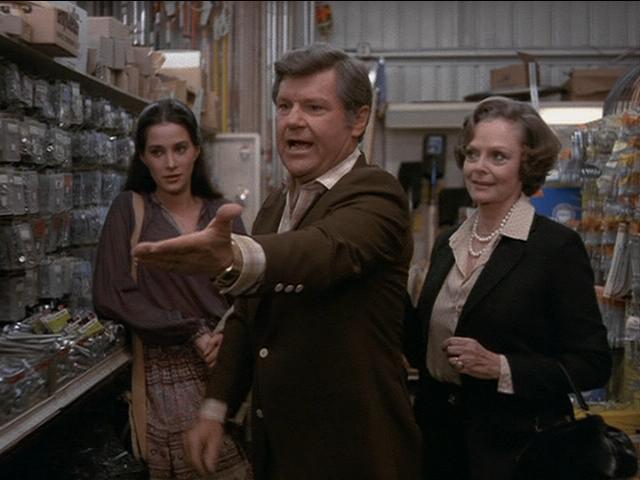
Bob Hastings (McHale’s Navy, Green Acres) as Pam’s father and June Lockhart (Lassie, Lost in Space, Petticoat Junction) as Pam’s mom. Hastings would return in future episodes playing a sportscaster both times (“It’s All Downhill from Here,” “The Price is Right.”)
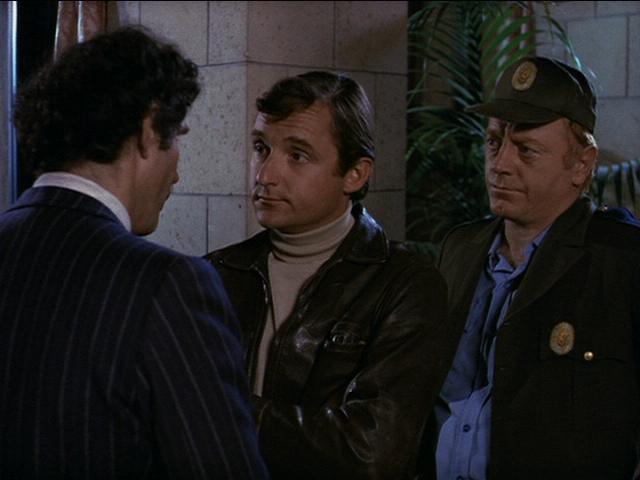
James Whitmore Jr. as the cool and steely McCready. He would return to be the not so cool Biron “the BB” Bigsby, IRS auditor in “There’s Just No Accounting” in season two, and as the nerdy creator of a Dungeons and Dragons knockoff in “Wizards and Warlocks” in season 3.
Red West as one of McCready’s security guards. Besides acting, West also is a songwriter and was part of Elvis Presley’s inner circle known as the “Memphis Mafia” as a body guard for the King. West would also return in two more episodes of TGAH.
Despite the name haggling, The Greatest American Hero was enjoying a pretty strong run at this point, ranking around 13th in the ratings.
The Greatest American Hero – Season One is available at Amazon.com, either as a download or you can purchase the DVD set. You can also download the episode itself through Amazon for about the price of a cup of coffee!
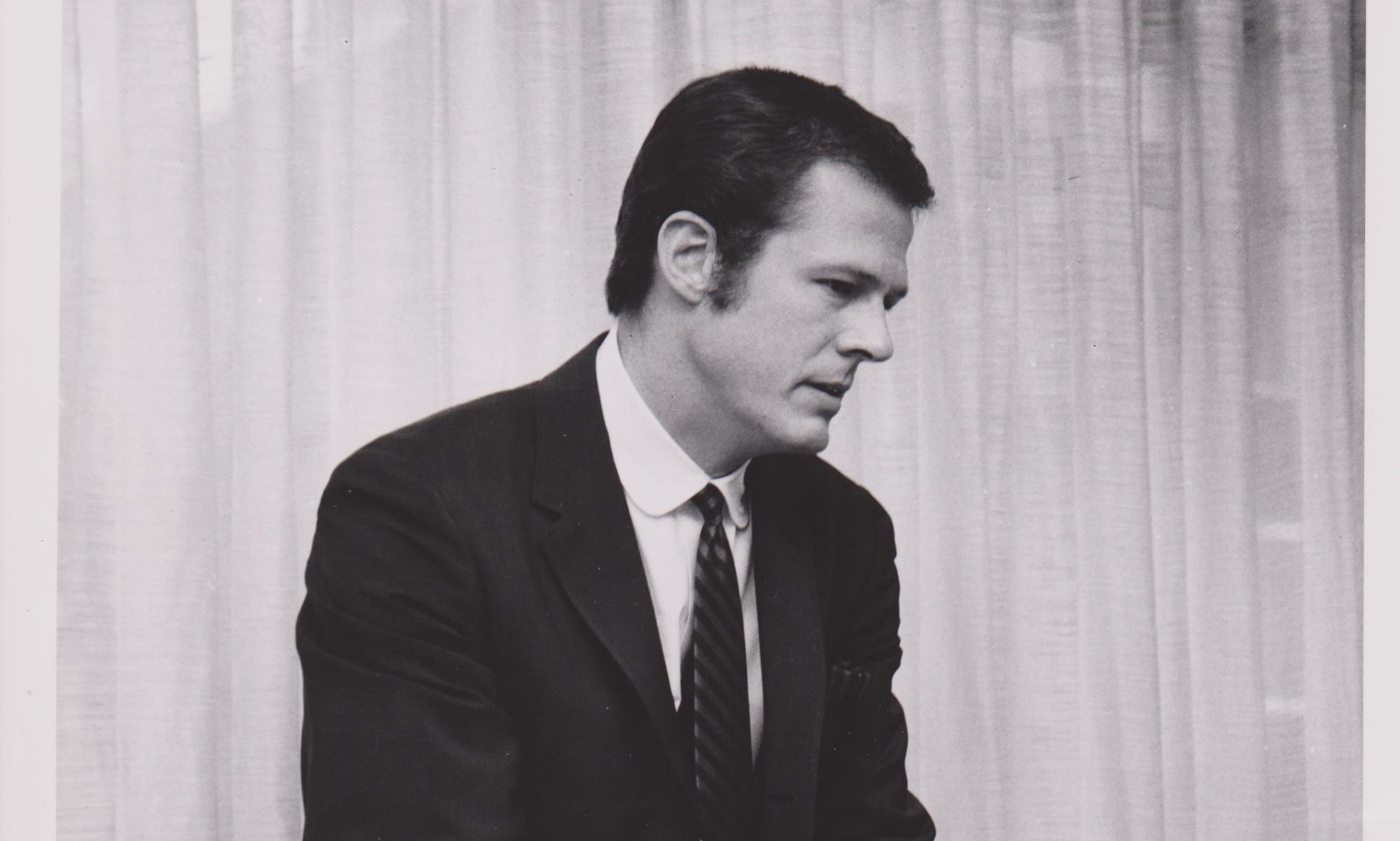

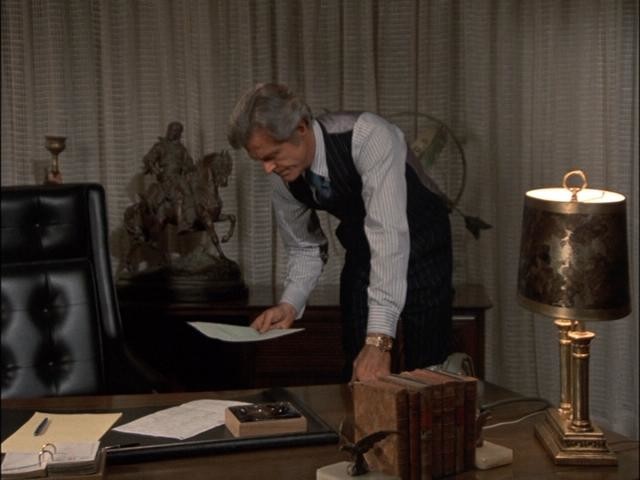
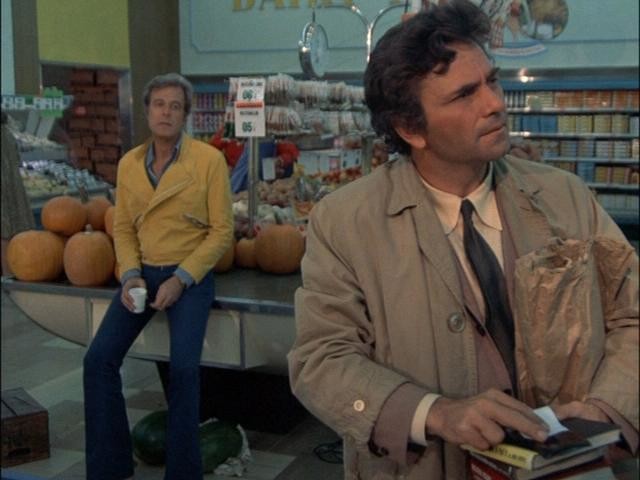
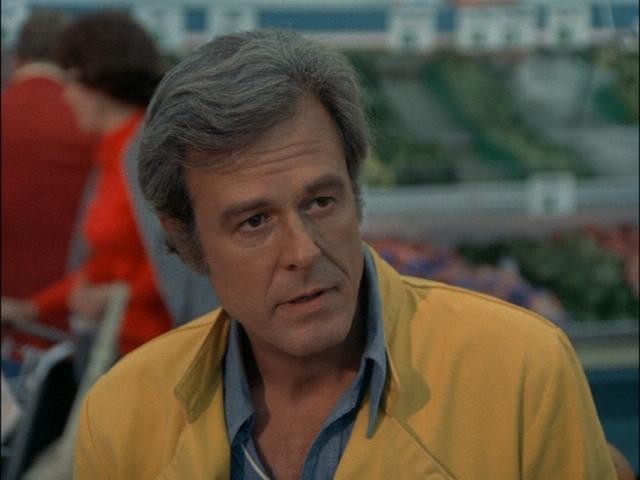
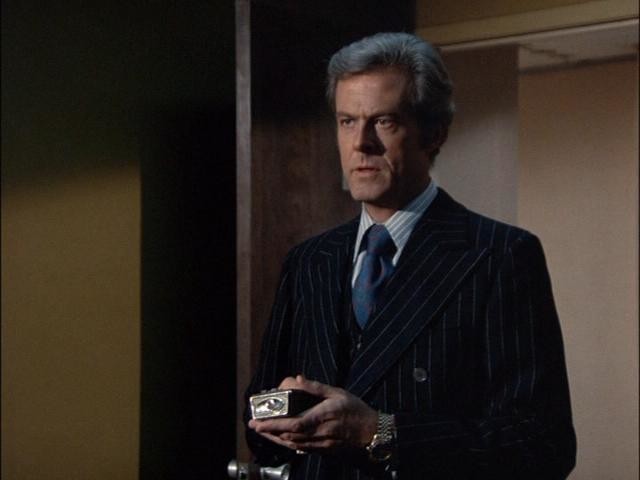
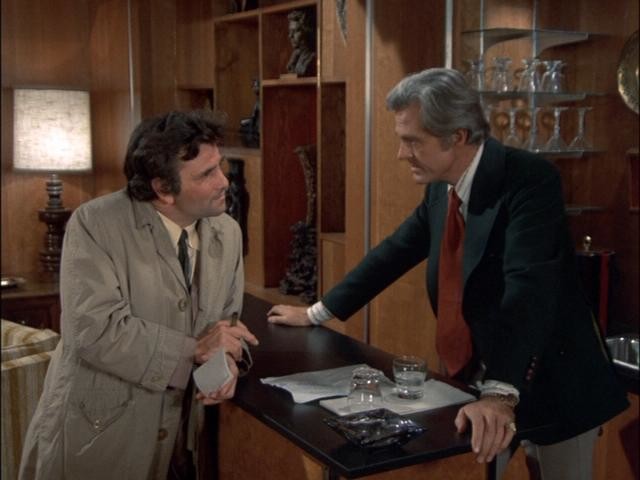
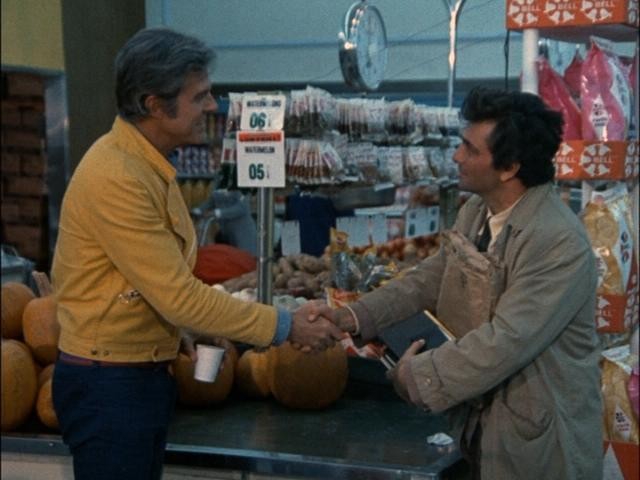
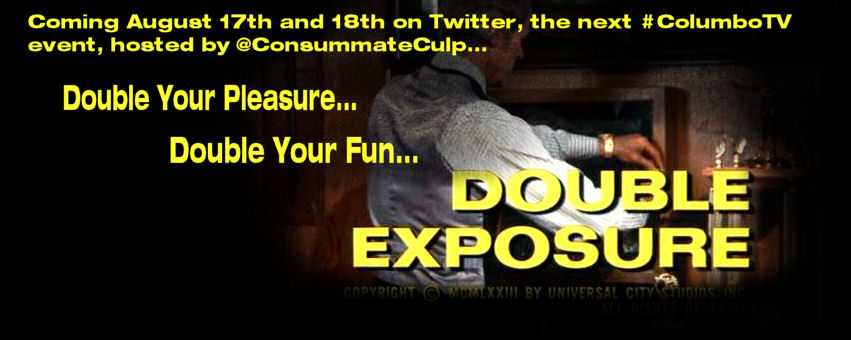
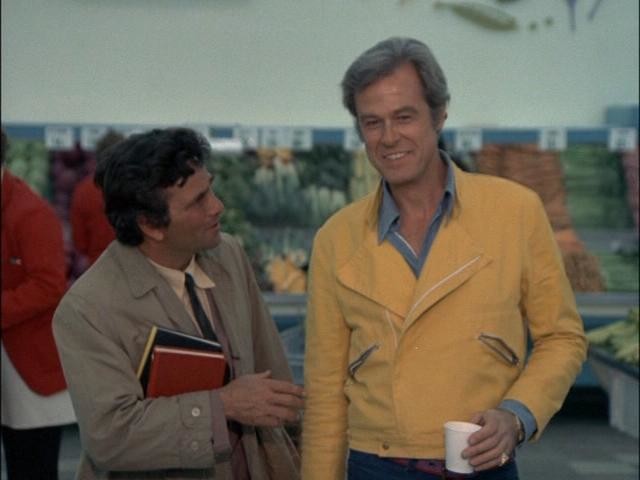
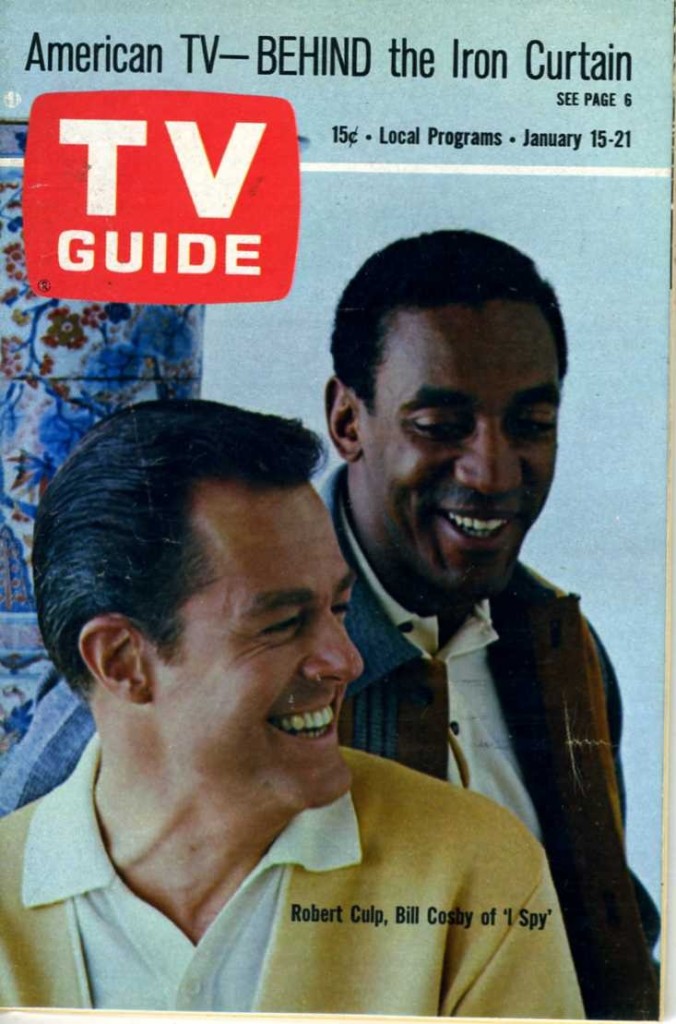
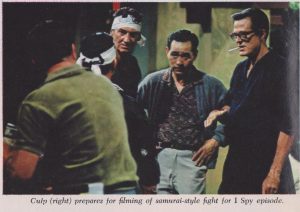 It’s true, he had to shell out $2000 to get into the Directors Guild in order to direct this episode, for which his director’s pay is $3500. He concedes he laid out $2500 for an artist to story-board the entire script. “Rarely can a man successfully act and direct at the same time. One has to suffer and it will always be the acting.” That conviction is what motivated Culp to hire acting coach Jeff Corey to stand by and observe his performance.
It’s true, he had to shell out $2000 to get into the Directors Guild in order to direct this episode, for which his director’s pay is $3500. He concedes he laid out $2500 for an artist to story-board the entire script. “Rarely can a man successfully act and direct at the same time. One has to suffer and it will always be the acting.” That conviction is what motivated Culp to hire acting coach Jeff Corey to stand by and observe his performance.